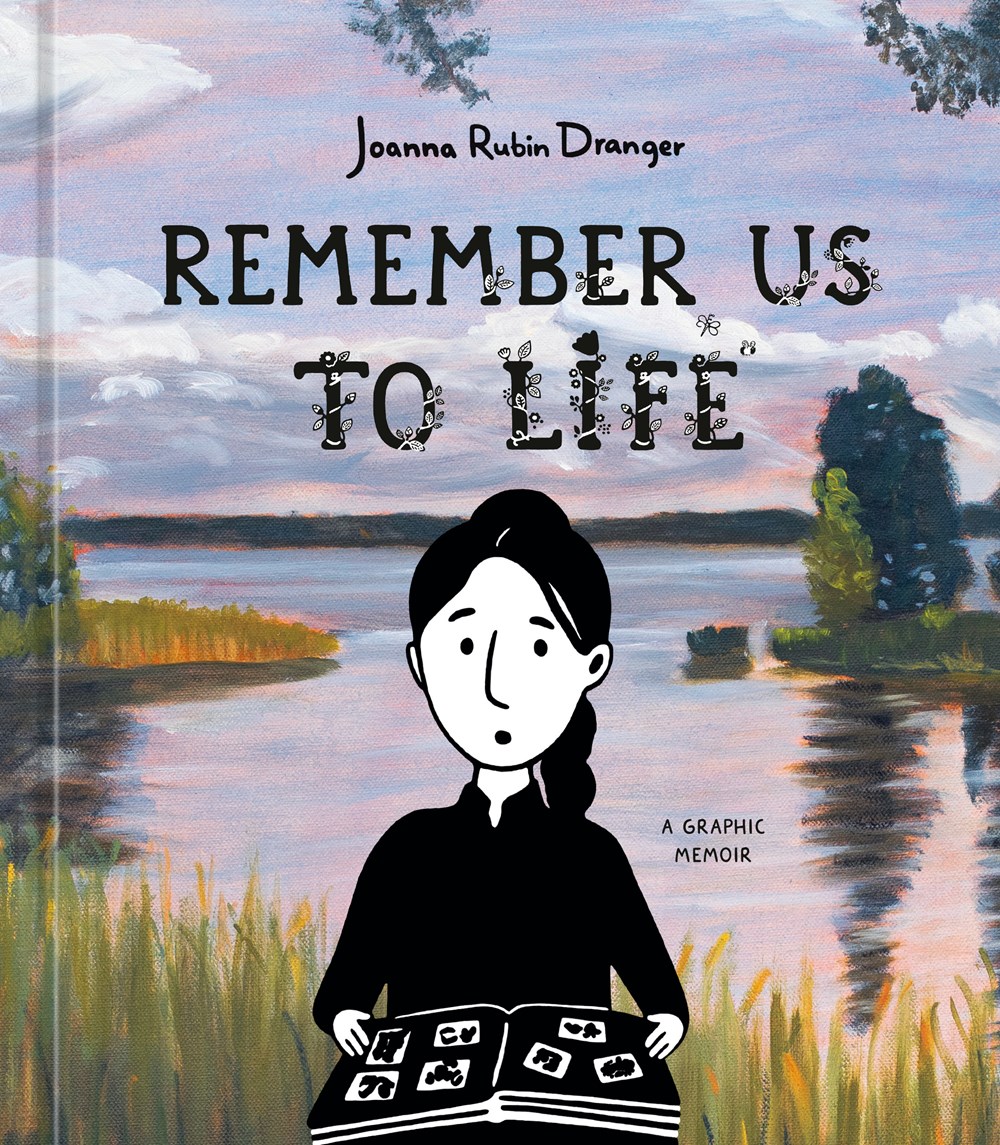2018 School Spending Survey Report
Remember Us to Life: A Graphic Memoir
Ten Speed Graphic.
Apr. 2025.
432p.
tr. from Swedish by Maura Tavares.
ISBN 9780593836903. $40.
MEMOIR
COPY ISBN
VERDICT Dranger’s graphic memoir feels overwhelming at times but drives its point home. The decades-old loss of family the author never knew feels palpable and immediate, and the lack of government action in the face of blatant evil is searing and prescient.
ALREADY A SUBSCRIBER? LOG IN
We are currently offering this content for free. Sign up now to activate your personal profile, where you can save articles for future viewing




Comment Policy: